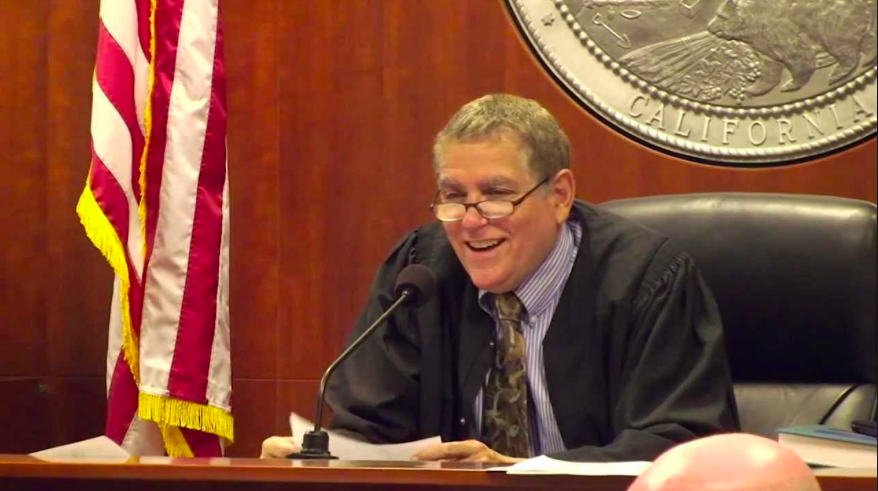August 4, 2014
Sometimes it’s easy to forget what it’s like to be on the other side of the bench. I remember appearing as a defendant in a minor traffic matter (speeding I think) while still in college. I watched as other defendants approached the judge, who seemed callous and quick tempered to me. When it came my turn I shook with anxiety and barely got out my story and my plea of guilty.
I had a much better learning experience some years ago while I was the new president of NADCP. I was driving home from a music gig in Maryland and was stopped by the Maryland highway patrol on the Interstate for driving twenty miles over the speed limit (78 in a 55 zone). Maryland defined that offense as “reckless driving”, and a misdemeanor. I was chagrined at the fact that I was charged with a misdemeanor and more than a little upset at a system that would charge a misdemeanor for a relatively minor offense (I was otherwise driving appropriately on Maryland’s major multilane highway with no other vehicle in sight in the middle of the night).
I knew only a few real criminal lawyers in the D.C. area. I had presented at an “Other Bar” function (AA for lawyers), and met several local attorneys. Contacting one, he agreed to go to court with me to resolve the matter. I remember being nervous but also being confident that the case would be reduced to an infraction.
It turned out to be an exhausting morning. My attorney was late, talked to me quickly, and went off to talk with his fellow lawyers. After a time, I approached him. He was visibly irritated and went off to talk to the D.A. Returning some time later, he informed me that the D.A. was insistent that I plead to the misdemeanor reckless driving and accept a substantial fine. Now I was upset. I asked him why I should plead guilty to a misdemeanor if there was no reduction in the offense or fine. He said something about my not understanding how the process worked, though he knew I had been a trial lawyer, traffic commissioner and trial judge for over twenty years.
And then it occurred to me. This is what defendants too often deal with every day. Bored Judges and lazy D.A.’s who make the easy deal and disinterested lawyers who force it on their clients because that’s the way the system works. He came back once more to push me to take the deal and I told him that I wanted my trial. Finally before the lunch break, he returned to tell me that I was in luck as his friend, the deputy D.A was handling the case, and the judge would reduce the offense from a misdemeanor to an infraction, but that I should say nothing and let him do all the talking. I did as he said, and a very bored looking judge took the plea without even looking up once to see who I was or ask me for my plea. In the final analysis, this was why Drug Court and Problem-Solving Courts were created; to counter the lack of human connection between the criminal justice system and the individual standing before it.
…………………………………………………………………


